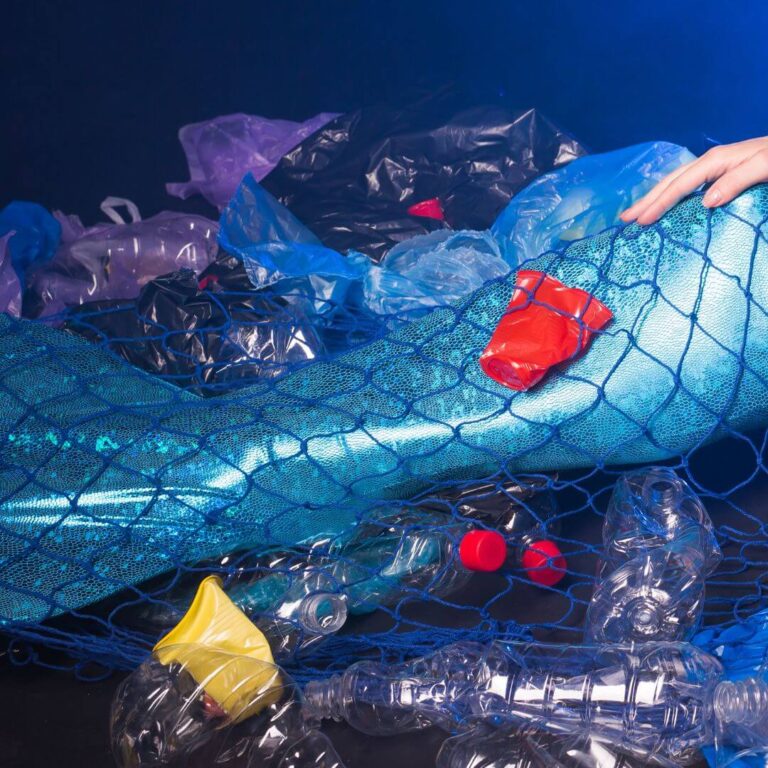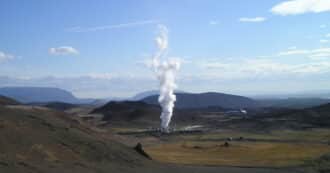When harmful substances, ranging from industrial waste to oil spills to plastic waste, enter the seas, the result is marine pollution. These substances negatively impact ocean ecosystems which in turn threaten the survival of marine life as well as the health of humans who depend on marine resources.
Origin of the term and application
The term “marine pollution” is central to environmental discussions, underscoring the critical need to address and mitigate the impact of human activities on the health and integrity of the world’s oceans. In conversations about conservation, sustainable fisheries, or climate change, marine pollution is recognized as a significant challenge that requires international cooperation and effective regulatory measures to protect marine ecosystems.
The term “marine pollution” has been in use for decades as scientists, policymakers, and environmentalists have sought to address the increasing threats posed by human activities to ocean health. The term reflects the recognition of the diverse sources and types of pollutants that find their way into marine environments, highlighting the complexity of the issue. The term underscores the interconnectedness of human activities with the health of marine ecosystems and emphasizes the responsibility to adopt sustainable practices that preserve the integrity of oceans for current and future generations.Efforts to combat marine pollution include regulations, technological innovations, and public awareness campaigns aimed at reducing the discharge of pollutants into the oceans. The term emphasizes the urgent need for global strategies to prevent further degradation of marine ecosystems and protect the oceans as vital components of the Earth’s biosphere. In the Pacific Rim, many of the churches that form part of the Pacific Council of Churches are actively engaged in projects to address marine pollution.





